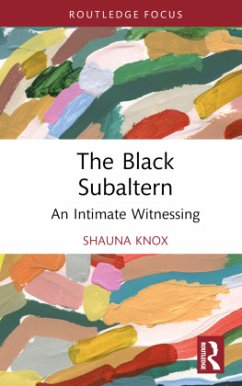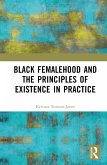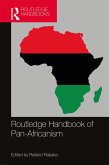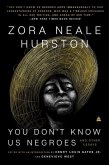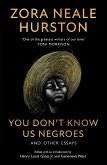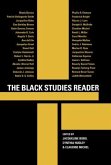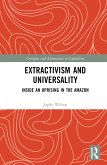In The Black Subaltern, Shauna Knox revolts against the construct of the decontextualized self, electing instead to foreground the complex and problematic lived experience of the Black subaltern. Knox offers an account in which Black humanity is flattened, desubstantialized, and lost in a state of perpetual in-betweenness, which she coins subjective transmigration.
Over the course of this book, Knox weaves autobiographical vignettes featuring her own journey as a Jamaican migrant to the United States together with theoretical reflection in order to elaborate on the conditions of Black subalternity. She considers the dissolution and disappearance of the subaltern authentic self to be a prerequisite for acquiring access to society. Knox reflects that Black migrants, though rooted in a new country, still remain integrally engaged with their country of origin, and as such, ultimately find themselves in a purgatory of in-betweenness, inhabiting nowhere in particular.
This book's innovative use of postformal autobiography to give voice to the Black subaltern provides students and researchers across the humanities, Black studies, diaspora studies, anthropology, sociology, geopolitics, development, and philosophy with rich material for reflection and discussion.
Over the course of this book, Knox weaves autobiographical vignettes featuring her own journey as a Jamaican migrant to the United States together with theoretical reflection in order to elaborate on the conditions of Black subalternity. She considers the dissolution and disappearance of the subaltern authentic self to be a prerequisite for acquiring access to society. Knox reflects that Black migrants, though rooted in a new country, still remain integrally engaged with their country of origin, and as such, ultimately find themselves in a purgatory of in-betweenness, inhabiting nowhere in particular.
This book's innovative use of postformal autobiography to give voice to the Black subaltern provides students and researchers across the humanities, Black studies, diaspora studies, anthropology, sociology, geopolitics, development, and philosophy with rich material for reflection and discussion.

